Geopolitics
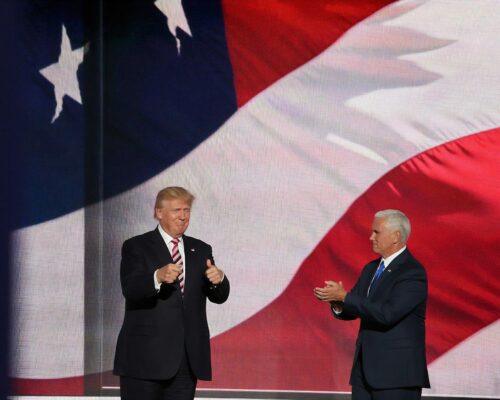
Trump’s Environmental Policy: Is “Climate Change the Greatest Con Job Ever”?
While Trump's climate policy rollbacks have destabilised global efforts, they are also accelerating a power shift, paving the way for Asian nations to emerge as the world's new climate leaders.
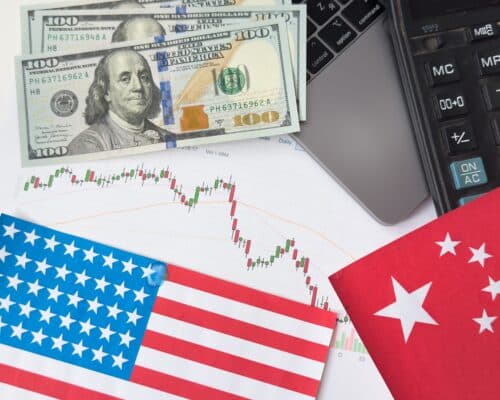
How Trump’s Tariffs Are Rewriting Asia’s Clean Energy Future
US tariffs on Asian imports are rippling through the region, destabilising solar supply chains, reshaping energy policies and prompting a regional realignment as countries seek to shield their markets. With duties ranging from 10% to 50% and soaring solar tariffs in Southeast Asia, analysts warn of supply gluts, factory closures and mounting cost pressures as many Asian governments push for a faster transition to renewables. The policy moves risk locking in costly infrastructure. The tariffs could accelerate a regional pivot toward homegrown solar and regional trade cooperation, even as critics say the costs will fall hardest on consumers and climate goals.
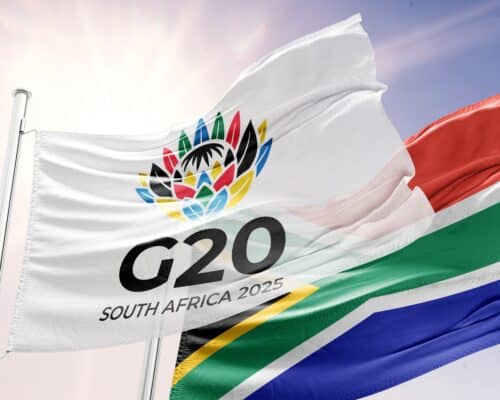
G20 Summit 2025: A Pivotal Moment for Developing Countries
South Africa’s chair of the G20 presents a unique opportunity to influence global policies and advocate for the interests of low-income and developing countries and their needs in addressing the challenges they face due to climate change and poverty.
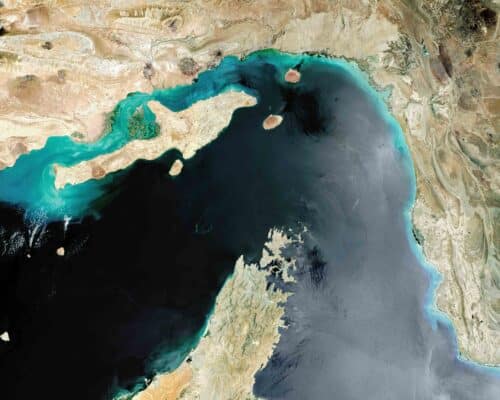
Japan Most at Risk from Disruption in the Strait of Hormuz
Japan’s economy relies on access through the Strait of Hormuz, two-mile-wide shipping lanes that carries 80% of the crude and LNG the country burns daily. With regional tensions simmering, even a brief blockade of the Strait could send energy prices skyrocketing and highlight Tokyo’s need to accelerate its pivot to domestic renewables.

Australia’s Federal Election 2025 and What It Means for Climate Change Agenda
Australian Prime Minister Anthony Albanese's victory on May 3 for a second three-year term paves the way for enhanced climate policies, yet challenges include excessive regulations, costly renewables and rural opposition to wind and solar projects.
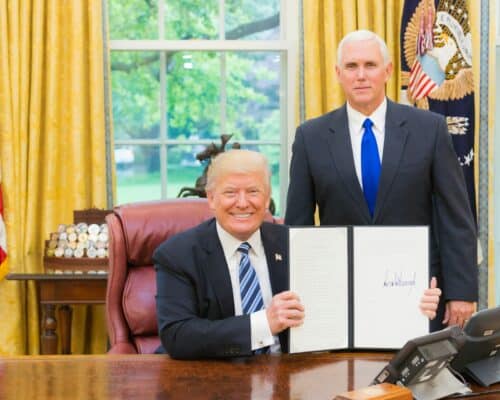
US Tariffs on Southeast Asia: What They Mean for Global Trade
From islands inhabited only by penguins to decades-long trade partners, over 90 jurisdictions were slapped with tariffs once President Trump got back at the helm of the US. While the move risks causing massive short-term instabilities, it can prove a blessing in disguise for Southeast Asia and its solar panel manufacturing industry.
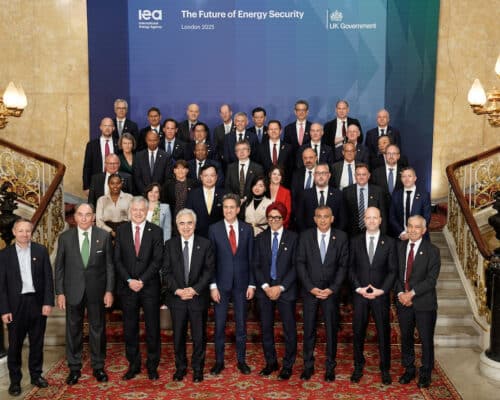
IEA’s Future of Energy Security Summit Ends With a Call For Cooperation, Less Fossil Fuels and More Renewables
The Energy Security Summit ended with a strong message - energy security is a question of national security, and climate change threatens both. Parties agreed that an effective response requires increased collaboration in reducing fossil fuel import reliance and scaling up renewables.

Australian Election 2025: What it Means for Climate Change and Energy
Considering Australia’s emissions intensity and its role as a primary fossil fuel exporter, few have as much power in the mission to tame the climate crisis as Australian voters. And the results on May 3 give hope that clean energy and the climate crisis will sit high on Australia’s agenda in the following years.
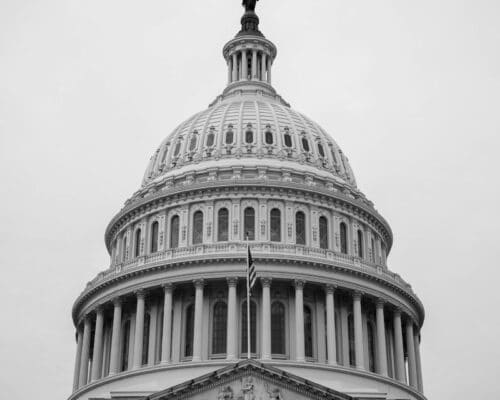
Trump Quits the Paris Agreement: The Consequences
Experts say that while Trump's decision will significantly impact global climate action, it won't derail it since the clean energy transition is already underway. The economic reasoning behind it is too strong to ignore. However, other nations must unite and increase their efforts to protect the most vulnerable.
Does Japan Care About the Environment
Japan's role as a member of G7 is pushing its subpar environmental performance into the spotlight. Inadequate emissions reduction goals, a high rate of fossil fuel imports and questionable fishing practices highlight this. These concerns will only grow more dire for the climate-vulnerable country and must be addressed.
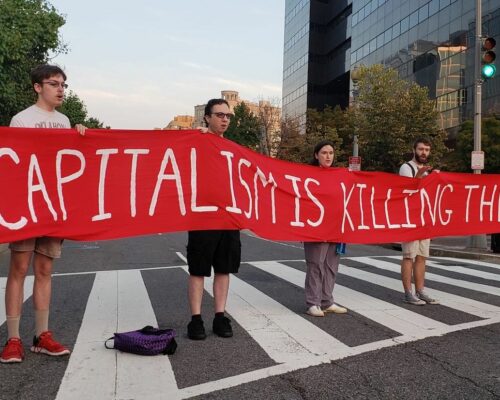
Capitalism and Climate Change: A Dual Force Shaping Our Future
Capitalism drives economic growth, which has historically been reliant on fossil fuels. This has led to a rapid increase in global emissions since the Industrial Revolution. However, if consumer demand and government policy shift to support low-carbon products, capitalism can lead in fighting climate change.
A Push For Loss and Damage Finance at COP27
Loss and damage severely threaten the human rights of affected people, communities and future generations in vulnerable countries. Loss and damage is a climate justice issue. It is causing unprecedented human suffering around the world. This is a strong enough reason for developed countries to act, and COP27 will be the best stage to bring this to the forefront.
Breakthrough Agenda Report Signals Risks to Clean Technology
The first annual Breakthrough Agenda Report indicates that the current progress towards the agenda's goals is lacking. Each of the five main emitting sectors has significant progress to make, particularly in the adoption of clean energy technologies. Hopefully, the report will be a wake-up call to world leaders and will facilitate meaningful climate adaptation discussions at COP27.
UN General Assembly 77 (UNGA 2022) Convenes After Pakistan Flooding
The UN General Assembly 77 comes at a time when climate impacts are at the forefront of the global agenda. From the climate-related disasters in Pakistan to soaring fossil fuel costs, the stage is set for countries to discuss some of the major climate issues that remain unresolved after COP26. This includes the lack of climate funding for developing countries and the growing economic cost of inaction.
Most Popular
Categories
-
10
-
35
-
126
-
4
-
17
-
46
-
52
-
11
-
10
-
15
-
24
-
6
-
1
-
5
-
6
-
285
-
200
-
17
-
24
-
1
-
1
-
23
-
41
-
44
-
88
-
18
-
86
-
41
-
17
-
11
-
43
-
54
-
86
-
299
-
22
-
44
-
36
-
11
-
42
-
36

